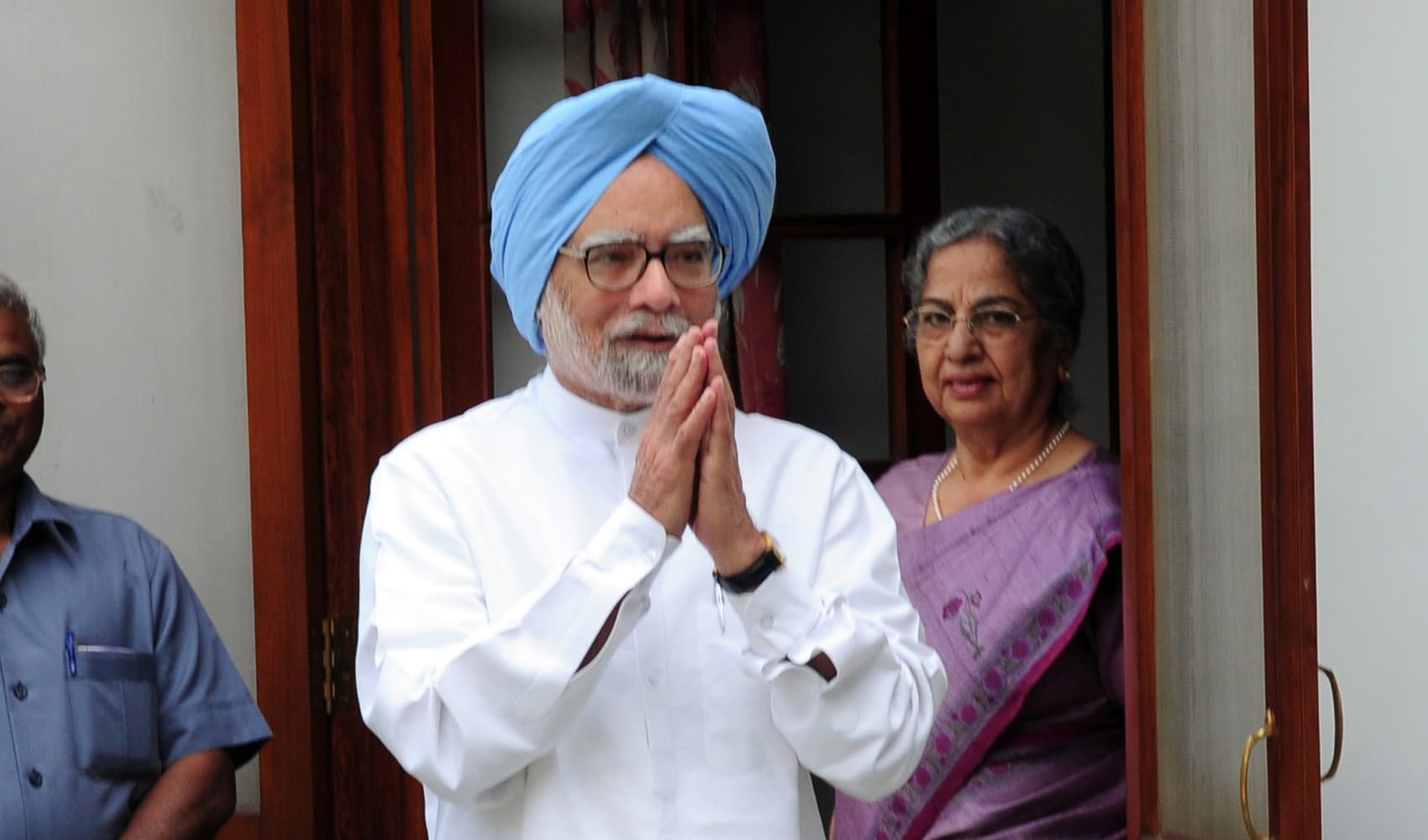
- The ECB's Mārtiņš Kazāks joined his colleague Mario Centeno in saying a 50-basis-point rate cut should be on the table at the central bank's December meeting.
- The ECB delivered back-to-back interest rate cuts for the first time in 13 years at its October meeting.
- It also comes a day after Portuguese central bank chief Mario Centeno made similar comments.
Mārtiņš Kazāks, governor of the Bank of Latvia and a member of the European Central Bank's Governing Council, on Thursday weighed in on the possibility of a jumbo half-point interest rate cut for December.
When asked for his views on a 50-basis rate cut by the ECB at its next meeting, he said that "everything should be on the table."
Get Tri-state area news delivered to your inbox.> Sign up for NBC New York's News Headlines newsletter.
"But we will have that discussion in December," he told CNBC's Karen Tso at the IMF's annual meetings in Washington, D.C. Thursday.
"We will have the discussion then early next year, and from meeting to meeting, as I said, with us approaching the [inflation] 2% target," the central banker — who is not usually known for his dovish views — added.
His comments come after the ECB delivered a back-to-back interest rate cut for the first time in 13 years at its October meeting. It also comes a day after Portuguese central bank chief Mario Centeno made similar comments.
Money Report
"The truth is that the print of inflation in September was very low, way lower than what we were expecting," Centeno, who is known as a dovish member of the ECB Governing Council, told CNBC Wednesday. Doves tend to prefer low interest rates in an effort to boost economic growth, whereas hawks are more concerned about inflation and its effects on society.
"We need to take that into our story," Centeno said about the recent inflation reading. "After that, we need to look at the incoming data, the trend in the data that we have been observing and certainly 50 basis points can be on the table because we continue to be data dependent and the data we are getting points in that direction."
The ECB's move earlier this month, which marked the central bank's third quarter-point cut this year, had been fully priced in by markets after decision-makers flagged reduced inflation risks and a weakening growth outlook.
Kazāks underlined that the bank is "still quite considerably in restrictive territory."
"So easing up the pressure from the rates, of course, is what we would need to do, and this is what we would do. But of course, you know, we need to see the data," he added.
Inflation in the euro zone was recently revised to 1.7% in September, down from an earlier official estimate of 1.8%. It compares to a print of 2.2% in August.
September was the first month when inflation in the euro zone fell below the ECB's 2% target since June 2021, marking an end to years of excessive price growth and reinforcing expectations of further rate cuts in the near term.
Pierre Wunsch, head of the National Bank of Belgium and an ECB Governing Council member, said the economic data would have to weaken significantly for a 50-basis-point cut to be warranted, however.
"A 50-point move would be a big move, so I think it would only be justified if we have data, which would be, you know, going down on inflation. But probably also in terms of GDP growth going in the wrong direction, which is not really what we see today," he told CNBC Thursday.
"I'm not excluding anything," he added, "But we've started quite early in cutting rates. I think it's good if we can be ... gradual and not create volatility in the market that would be unwarranted."






